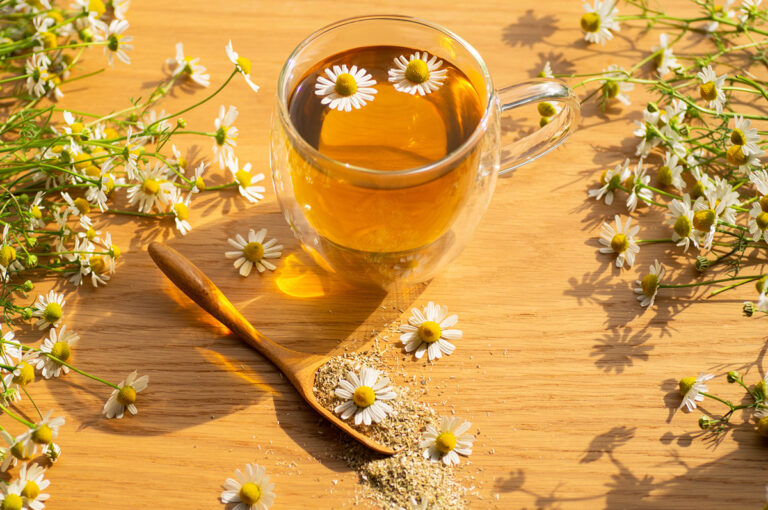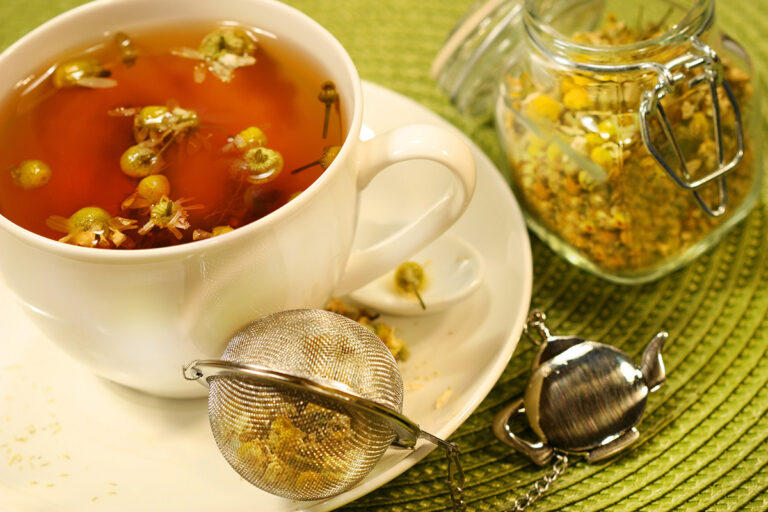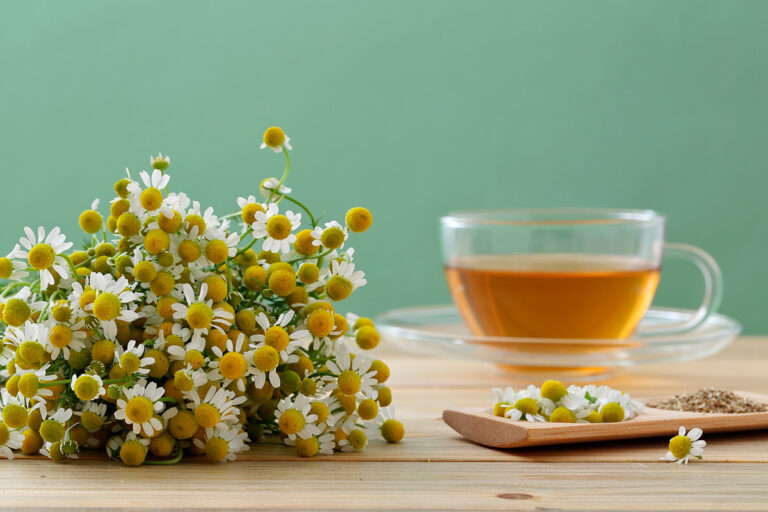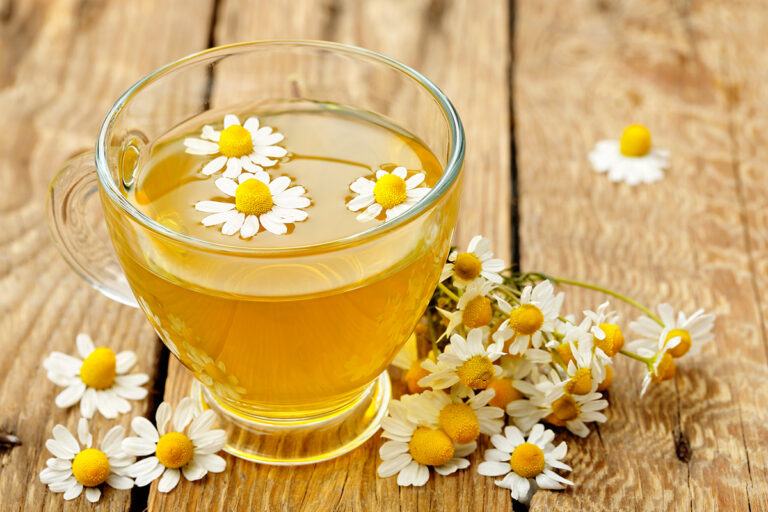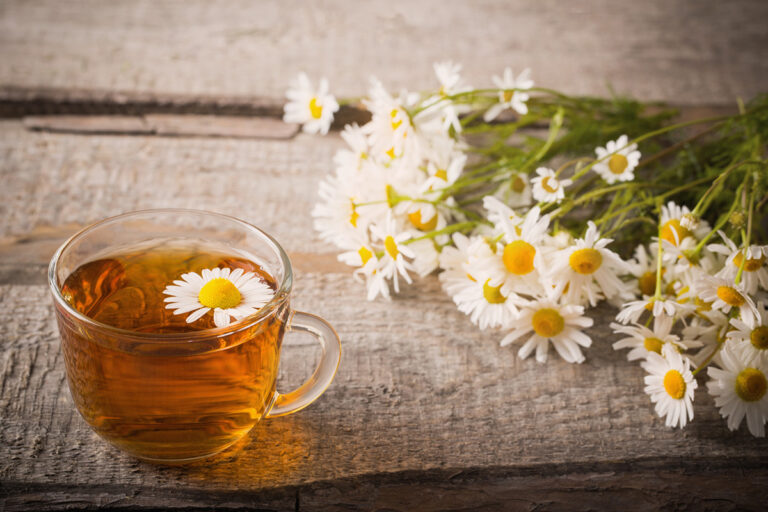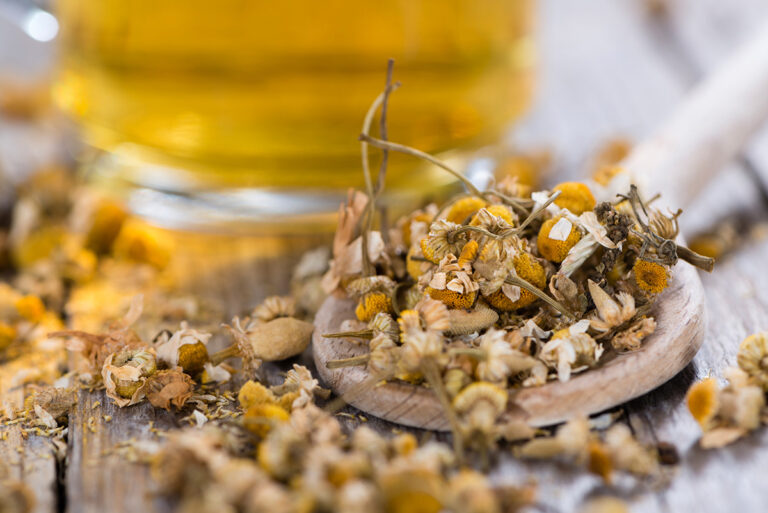Chamomile Anise Tea: Benefits, Side Effects, and How to Make It
Chamomile and anise tea is a delightful blend of two herbal ingredients with numerous health benefits.
This article will explore the potential benefits and side effects of this unique combination and provide you with a simple recipe to enjoy at home.
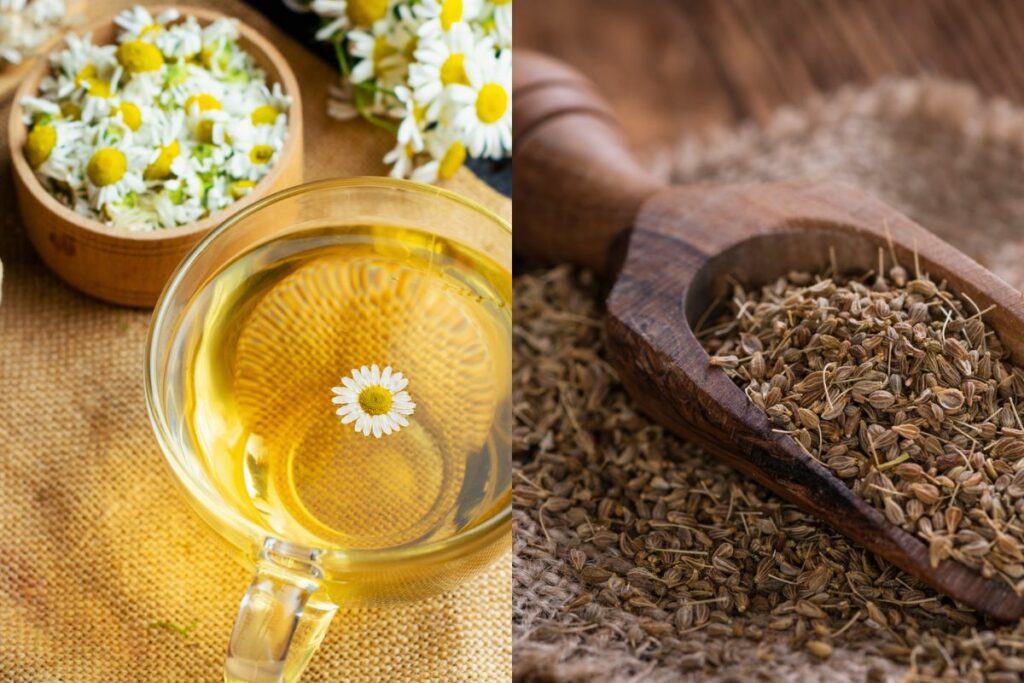
What Is Chamomile and Anise Tea?
Chamomile is a flowering herb that has been used for centuries for its calming and soothing properties. Anise, on the other hand, is a plant with a distinct licorice-like flavor and aroma, which has been used for various medicinal purposes, particularly for digestive health.
When combined, chamomile and anise tea offers a flavorful and aromatic experience while providing a range of potential health benefits.
Potential Health Benefits of Chamomile and Anise Tea
May Help Improve Sleep Quality
Chamomile tea is widely known for its calming effects, which can help promote relaxation and improve sleep quality. Anise also has sedative properties that may help you fall asleep faster and enjoy a more restful sleep.
Supports Digestive Health
Both chamomile and anise have been used to support digestive health. Chamomile may help reduce inflammation in the gastrointestinal tract, while anise is known for its carminative properties, which can help alleviate gas, bloating, and indigestion.
May Help Alleviate Menstrual Cramps
Chamomile has anti-inflammatory and antispasmodic properties that can help relax the muscles and alleviate menstrual cramps. Anise, too, has been used as a natural remedy for menstrual pain and discomfort.
May Boost Immunity
Chamomile contains antioxidants that can support the immune system and help protect the body against infections. Anise also contains antioxidants, as well as antifungal and antibacterial properties, which may contribute to improved immunity.
Chamomile With Anise Tea Side Effects
Allergic Reactions
Some people may be allergic to chamomile, anise, or both. Allergic reactions can range from mild skin irritation to more severe symptoms such as difficulty breathing, swelling, and anaphylaxis.
Drug Interactions
Chamomile and anise may interact with certain medications, such as blood thinners, sedatives, and blood pressure medications. If you are taking any medication, consult your healthcare provider before consuming chamomile anise tea.
Pregnancy and Breastfeeding
Chamomile and anise tea may not be suitable for pregnant or breastfeeding women, as some compounds in these herbs may have uterine-stimulating effects or be transferred through breast milk. Always consult your healthcare provider before consuming herbal teas during pregnancy or breastfeeding.
Who Should Not Drink Chamomile Tea With Anise?
Individuals with known allergies to chamomile, anise, or related plants should avoid this tea.
Pregnant or breastfeeding women, as well as those taking medications that may interact with chamomile or anise, should consult their healthcare provider before consuming this tea.
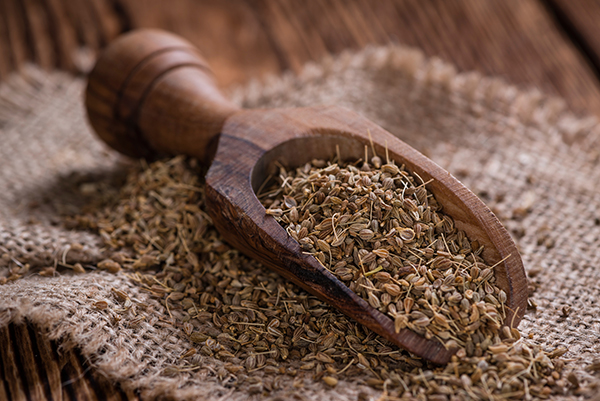
How to Make Chamomile and Anise Tea
To prepare chamomile and anise tea, follow these simple steps:
- Boil 1 cup of water.
- Add 1 teaspoon of dried chamomile flowers and 1 teaspoon of anise seeds (or 1 teabag containing the blend) to a teapot or infuser.
- Pour the boiling water over the chamomile and anise.
- Cover and let the tea steep for 5-10 minutes.
- Strain the tea into a cup and enjoy.
You can also follow the manufacturer’s guidelines stated on the packaging if you’re using a branded product bought online or at a local store.
Final Thoughts
Chamomile anise tea is a flavorful and aromatic blend with several potential health benefits, such as improved sleep quality, digestive health support, and immune system enhancement.
However, some individuals may experience side effects or should avoid this tea due to potential risks. Always consult your healthcare provider before adding new herbal teas to your routine, especially if you are pregnant, breastfeeding, or taking medications.
FAQ
What Does Chamomile Tea With Anise Taste Like?
Chamomile tea with anise has a unique flavor profile, combining the mild, floral sweetness of chamomile with the licorice-like taste of anise. This combination creates a soothing, slightly sweet, and aromatic tea that is enjoyable any time of day.
When Should I Drink Chamomile Tea With Anise?
Chamomile anise tea can be enjoyed at any time of the day. However, due to its calming and relaxing properties, it is particularly beneficial in the evening or before bedtime to promote better sleep.
How Often Can You Drink Chamomile Anise Tea?
There is no specific limit on how often you can drink chamomile anise tea, but it is generally safe to consume one to three cups per day.
Always follow the manufacturer’s guidelines stated on the packaging if you are using a branded product bought online or at a local store.
How Long Can You Drink Chamomile Anise Tea Safely?
There is no definitive answer to this question, as it may vary depending on individual factors, such as sensitivity to the herbs, allergies, and medical conditions. In general, it is safe to consume chamomile anise tea for extended periods.
However, it is always a good idea to consult with a physician before consuming any herbal tea regularly, especially if you have any pre-existing health conditions or concerns.

